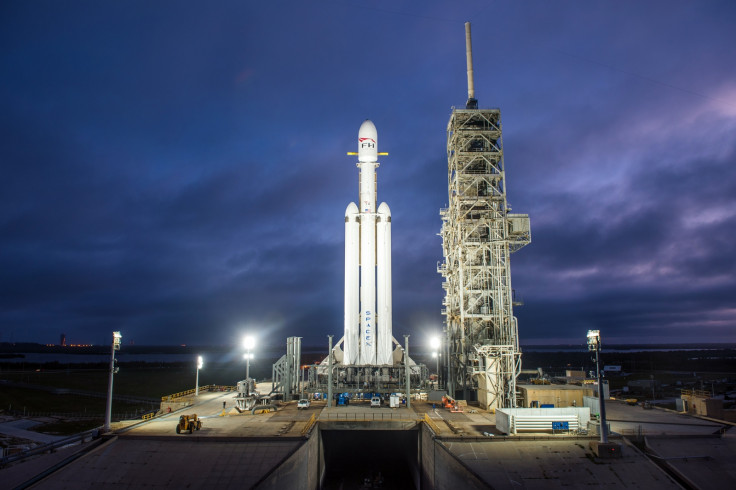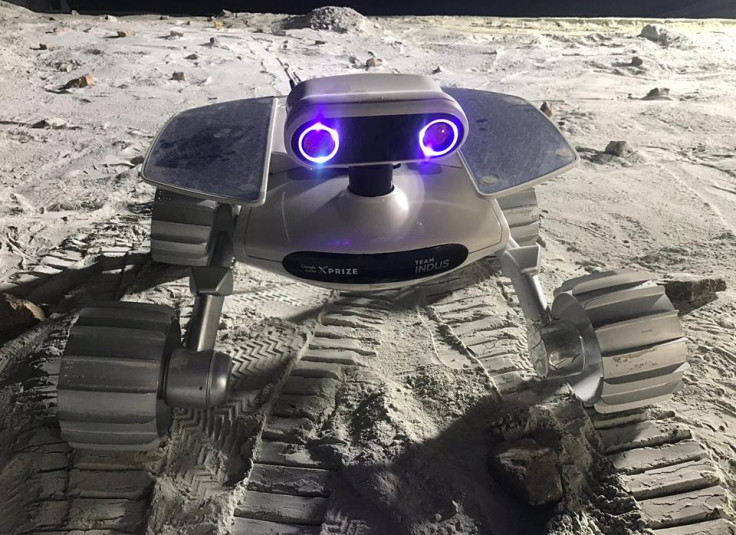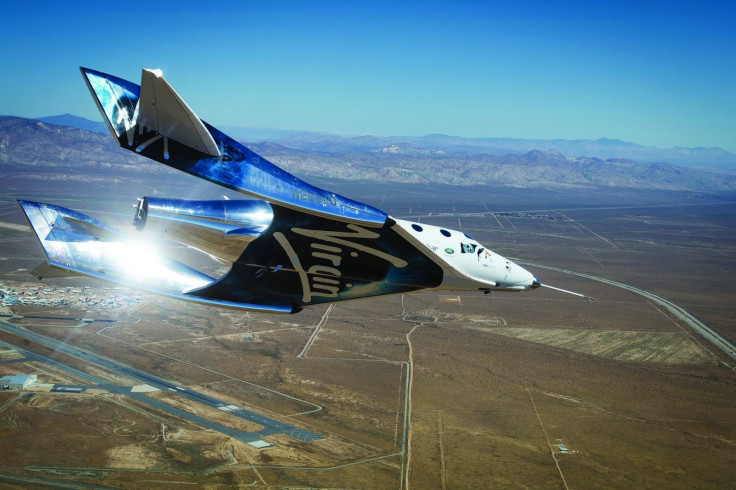These are the biggest and most exciting space launches of 2018, and not one of them is by Nasa
Private companies have some grand space plans this year.

Space is a burgeoning industry in itself and one that is starting to see a lot of private players making big strides in it. Nasa's space missions are not the only highlights that space exploration fans need to look forward to this coming year.
While, last year saw numerous announcements and updates from a number of space companies with promises ranging from the absurd to the ambitious, 2018 will be no less exciting as well.
Here are a few of this year's most anticipated launches (note that this list is not complete and is not placed in any particular order):
Falcon Heavy – SpaceX
Elon Musk, the CEO of SpaceX, is calling his company's Falcon Heavy spacecraft the world's most powerful rocket "by a factor of two". The rocket, at the time of writing this piece, was positioned upright at the Apollo 11 launchpad at Cape Canaveral. It is being dubbed as one of the most ambitious rocket launches in history. Considering how much Musk has riding on this launch, this is definitely one of the most anticipated launches this year. The rocket is capable of carrying a payload of over 16,800kg to Mars, according to the company. SpaceX will also be sending a cherry red Tesla Roadster to Mars' orbit as a part of its payload in this launch.
Rocket Lab – From tests to commercial launches
Rocket Lab is a private space company that has been testing out their carriers since last year. Their last test failed to achieve orbit but, this year, if their tests are successful, they are likely to begin commercial launches. While there is no official update on when exactly the tests are set to happen, "early 2018" is what the company has said so far. The New Zealand-based outfit operates out of their own launch centres atop a remote cliff, according to a report by The Verge.
Google – Lunar X prize competition

The Google competition that requires a team to send a rocket to the Moon, land it there and explore the lunar surface comes to an end on 31 March, 2018. As of now, there is no indication of any team even conducting a launch, let alone winning the $20 million grand prize. Four of the five teams that were named as finalists are yet to complete the design of the landers, noted The Verge.
Nasa and private partners – Commercial Crew Program
Nasa has launched their Commercial Crew Program – an initiative to launch Nasa astronauts aboard private spacecraft. The front-runners in this program are SpaceX and Boeing. Vehicles made by these two companies will be tested through this year. April will see Musk's Dragon capsule make uncrewed tests and, in August, SpaceX will make its first crewed launch. Meanwhile, Boeing's vehicle, called the Starliner, will conduct unmanned flight tests in August and will follow that up with a crewed test in November.
Blue Origin and Virgin Galactic

Towards the end of 2017, Blue Origin made a successful launch and landing of its space vehicle – the New Shepard. The idea behind New Shepard is not one of colonising Mars or even intercontinental travel. Rather, the company wants to take passengers and make them experience weightlessness in space. Meanwhile, Virgin's VSS Unity should also begin manned tests this year. Since the failure of the Unity's predecessor, the Enterprise, the company seems to have taken a more cautious and step-by-step approach and is going about things rather slowly, noted a report in The Verge. Virgin Orbit, the sister company of Virgin Galactic, is planning to test launchers that will drop from an aircraft, then ignite and put small satellites into orbit.
Arianespace – BepiColombo

An ambitious project to drop a space probe into orbit around Mercury, the launch of this mission is set for October. The plan is to send two probes atop a European Ariane 5 rocket, and once they reach their destination, Japan will take over one probe and the other one will be controlled by Europe. Together, they plan to study Mercury like never before. If launched in 2018, the spacecrafts are expected to reach Mercury only by 2025.
Meanwhile, Nasa's 2018 road map is filled with exciting missions as well, with one of them being a flight into the Sun's atmosphere.





